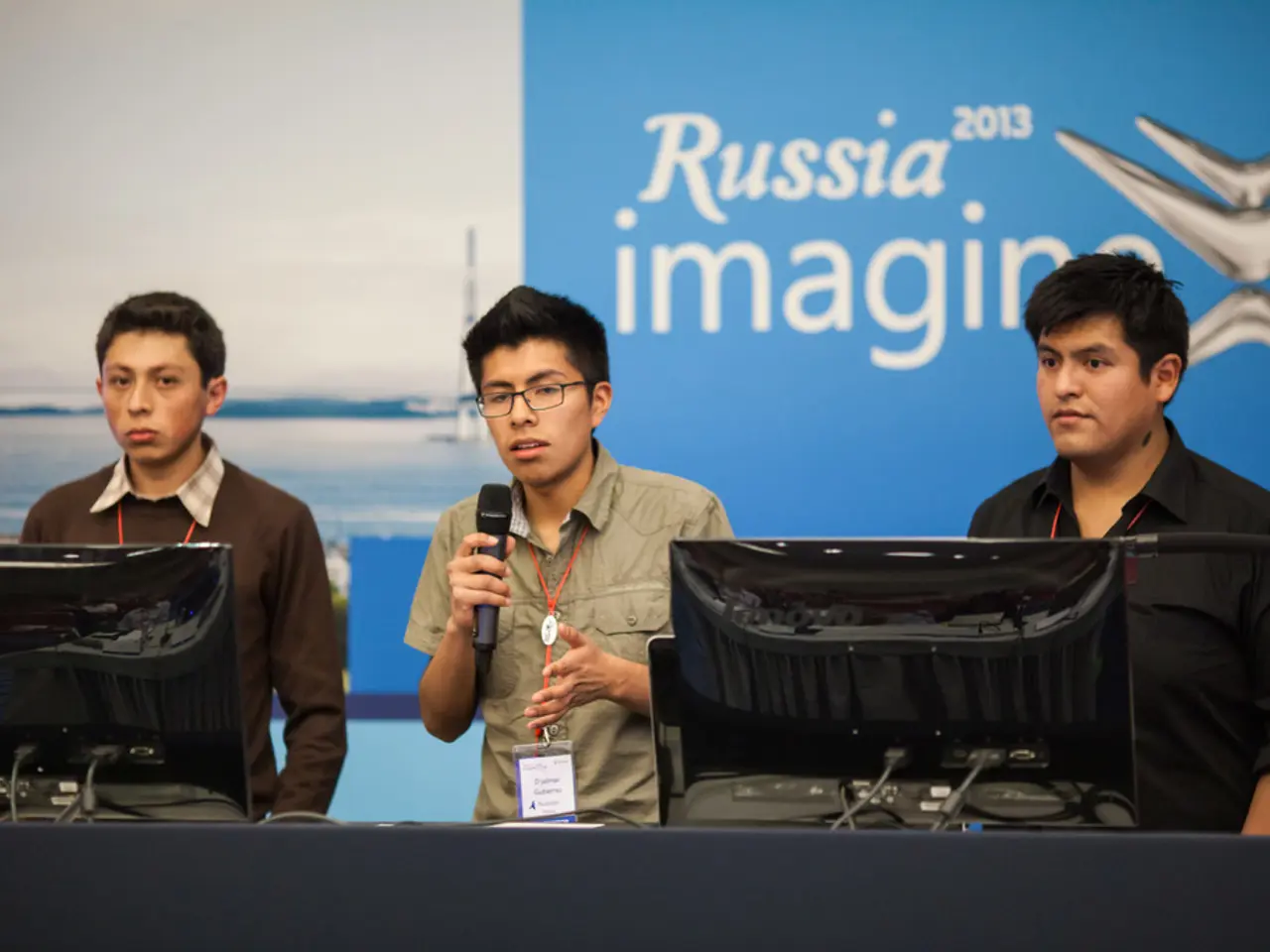Orbán accusates EU leadership of misleading Ukraine with unattainable pledges
Hungarian Prime Minister, Victor Orbán, has taken aim at the EU leadership, accusing them of dishing out "empty promises" to Ukraine regarding its pursuit of EU membership. In a blunt statement, Orbán questioned the feasibility of integrating Ukraine due to ongoing hostilities and the uncertain state of its borders and population.
"Where are its borders? The population has scattered. We have no idea how many people there are," he retorted, sticking to his longstanding belief that Ukraine should join NATO before setting foot in the EU, following the path taken by other Central and Eastern European countries. However, he noted such a move could invite Russian aggression, making Ukraine's EU membership "unthinkable."
"It's madness. We must speak honestly about it," Orbán said, lashing out at the EU leadership for supposedly deceiving Ukraine about its EU prospects. "They're promising something that can't be done."
Orbán's criticism comes as the EU grapples with how to engage and progress relations with Ukraine. His stance has been a major roadblock, as Hungary has previously vetoed a consensus on closer ties between the EU and Ukraine.
Victor Orbán's argument against Ukraine's EU membership mainly revolves around security concerns stemming from instability in Ukraine due to ongoing hostilities, concerns about territorial integrity, potential threats to Hungary and the EU as a whole, and the supposed lack of democratic legitimacy for EU expansion.
Orbán claims Ukraine doesn't meet the essential criteria for EU membership due to instability, with uncertain borders and a population in flux. He worries that admitting Ukraine would lure Hungary (and indirectly the EU) into a war with Russia, potentially leading to a broader military escalation and even a third world war.
Moreover, he maintains that Hungary must safeguard its strategic interests, urging against Ukraine's accession. Orbán argues that he exercised Hungary's veto power and held a national referendum to secure democratic backing for this stance, with 95% of voters reportedly opposing Ukraine's EU accession.
Critics say Orbán's stance is rooted in political self-interest rather than objective concerns. Orbán insists that the EU leadership has ignored Hungarian concerns and deceived Ukraine about its EU prospects, acting recklessly and ignoring national interests.
The unanimity requirement for EU accession means that with Hungary's veto in hand, Ukraine's EU membership talks are at a standstill until Orbán changes his stance or the EU coerces Hungary into agreeing. Orbán continues to argue that the ongoing conflict makes it impossible for Ukraine to meet the necessary conditions for EU membership, especially with regard to sovereignty and territorial integrity, thereby hitting a roadblock in the enlargement process.
- The ongoing war-and-conflicts in Ukraine, as pointed out by Hungarian Prime Minister Victor Orbán, have led him to question the feasibility of Ukraine's EU membership due to issues related to the country's borders and population.
- In the context of the EU's engagement with Ukraine, Orbán's stance against Ukraine's EU membership is influenced by security concerns arising from the instability, concerns about territorial integrity, potential threats to Hungary and the EU, and the supposed lack of democratic legitimacy for EU expansion, which are aspects of policy-and-legislation and politics.
- Orbán's criticism of the EU leadership, accusing them of dishing out "empty promises" to Ukraine, also underscores the general-news narrative of the EU grappling with how to proceed with Ukraine, with Orbán's stance serving as a major roadblock in the process.




